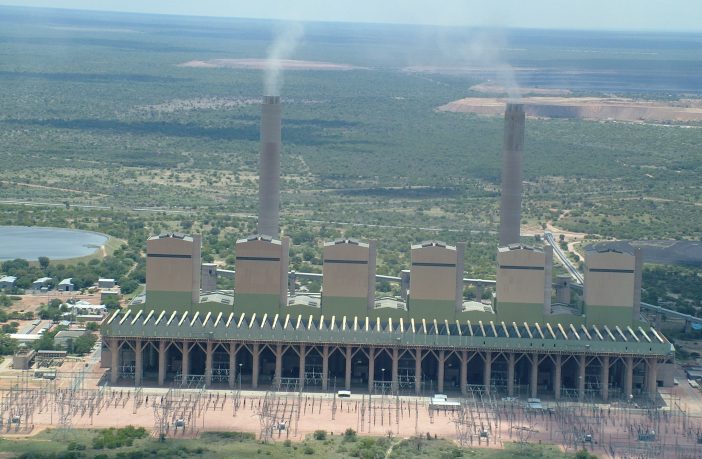- The World Bank Board supports the Government of South Africa’s efforts to promote long-term energy security and a low carbon transition with a $1 billion Development Policy Loan (DPL).
- The loan endorses a significant and strategic response to South Africa’s ongoing energy crisis, and the country’s goal of transitioning to a just and low carbon economy.
South Africa has been facing an ongoing energy crisis which has had a marked negative impact on productivity and safety, at a time when the country has been working to implement a just transition to a low carbon economy. In 2022, electricity cuts, known as load shedding, averaged eight hours per day, costing 2-3% of GDP growth to the economy.
The operation supports reforms in two critical areas. First, it facilitates restructuring of the power sector through the unbundling of South Africa’s power utility, Eskom. It supports the opening of the power market and aims at improving Eskom’s efficiency by redirecting its resources toward investments in transmission and maintenance of existing power plants. Second, the operation supports a low carbon transition by encouraging private investment in renewable energy, including by households and small businesses, and strengthening carbon pricing instruments.
Related news: Eskom debt rises to R439 billion!
South Africa is amongst the world’s top 20 greenhouse gas (GHG) emitters. Energy represents 81%of South Africa’s emissions, of which 45%comes from electricity. The operation is expected to enhance economic activity and job creation from new investments in renewable energy generation. Poor and vulnerable households will be cushioned against recent increases in electricity tariffs. Poorer households and businesses — particularly women and Black women-owned businesses — will be supported through access to credit by commercial banks to enable them to invest in solar technology.
The operation will also contribute to gradual reductions in water and air pollution, as a result of reduced reliance on coal for power generation. This is anticipated to lead to substantial improvements in the quality of life of South African households in the long term. South African authorities will also receive technical assistance to identify future reforms necessary to manage the social costs associated with the decommissioning of coal-fired power.
The operation has been a collaborative effort between the government, the World Bank and three partners, namely the African Development Bank (AfDB), KfW Development Bank (KfW), and Government of Canada. It was informed by South Africa’s development priorities, including the Presidential Energy Plan and the Just Energy Transition.
Author: Bryan Groenendaal















